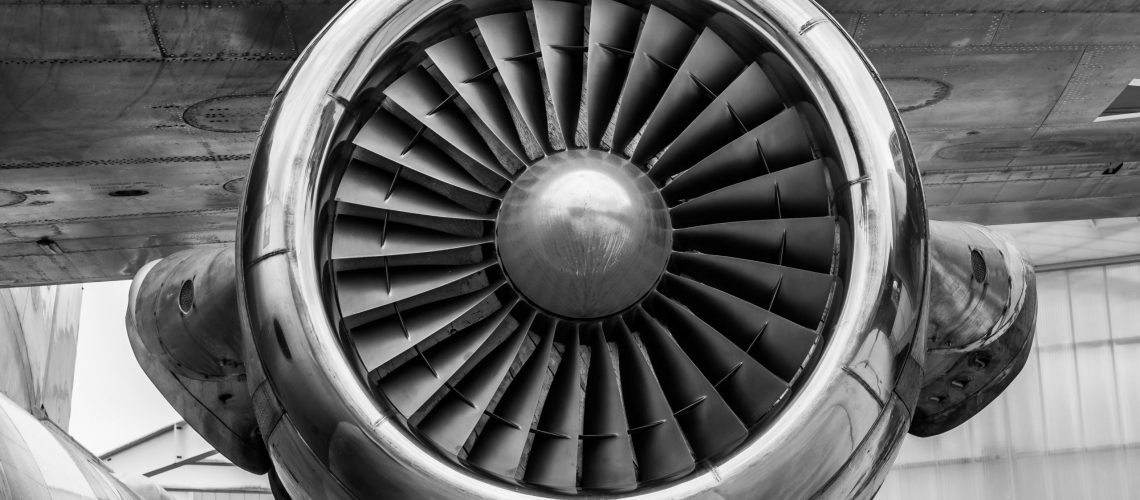Introduction
On 7 March 2018 the Supreme Court for Administrative Law heard a case where no choice needed to be made – anairplane engine and a bird had collided and met their respective fates.
Bird strikes are not uncommon in civil aviation: every year there are approximately 5,000 to 6,000 incidents costing$1.2 billion worldwide. But this begs the question of who should be held responsible for bird strikes where an airportsubcontracts the prevention of bird risk to a third party.
The French court had to decide which party was responsible for this collision, as previous case law on the matter wasunclear.
Facts
The events of the case unfolded as follows:
- 9:00am – the service provider in charge of the bird aircraft strike hazard prevention (the Animal HazardPrevention Service (SPPA)) reported the presence of several birds on the Toulouse airport runway.
- 9:43am and 9:46am – an aircraft landed and another one took off without trouble.
- 9:53am – an Embraer 135 reported to the air traffic controller that there were a number of birds next to and onthe runway.
- 9:54am – an Air France operated Airbus A 321 received authorisation to take-off and following bird ingestionhad to land immediately. One of its engines was severely damaged by the bird ingestion.
The airline operating the airbus sued the airport for damages.
Decisions
The lower courts found that all of the parties involved were liable:
- The state, acting as the air traffic controller, was responsible for authorising the take-off, despite the Embraer135’s warning.
- The SPPA was liable for not taking the necessary measures to prevent the risk of collision by dealing with thepresence of the birds.
- The airport, Toulouse-Blagnac, had to answer – at least in part – for the SPPA’s failure, as it had a duty tosupervise risk prevention and the SPPA’s actions were presumed to be evidence of a lack of adequatemanagement.
- The airline was also considered to be partly responsible for its own loss. Like all of the parties involved in thisaccident, it had received the Embraer 135’s warning and not heeding it. This was considered an unreasonablerisk.
The airline appealed the court’s decision and its liability was consequently dismissed by the Court of Appeal. Eventhough it was aware of the risk, the operator was entitled to rely on the air traffic controller’s go ahead. However,according to the Court of Appeal, Toulouse-Blagnac should have taken reasonable steps to address the lack of rigour inthe SPPA’s operations. According to the Court of Appeal, the airport and the SPPA had to share the costs of enginerepair with the state.
The airport then challenged the Court of Appeal’s decision and referred the matter to the Supreme Court. It arguedthat it could not be held automatically liable for the SPPA’s failure. The airport claimed that in order to invoke liability,a lack of reasonable care in its supervision of its agents had to be shown. The Council of State validated this reasoningand concluded that it had not been demonstrated that the airport had shown any lack of reasonable care in supervisingits agents.
Thus, the Council of State decided that only the air traffic controller (ie, the state) and the subcontractor in charge ofthe SPPA were liable for the cost of the engine repair.
Comment
Two rules can clearly be drawn from this decision:
- If an air traffic controller gives the go ahead for take-off, the airline will not be considered to have actedrecklessly when relying on this statement, even if it is aware of a possible danger. In those circumstances, theairline will not be responsible for any loss incurred as a result of the bird strike.
- With regard to the Supreme Court’s decision, there is no assumption that an airport will be responsible for alack of supervision if it has delegated bird risk prevention. The airport can be held liable for its subcontractorsonly if a lack of reasonable care in its supervision thereof can be demonstrated.
For further information on this topic please contact Matthieu de Varax or Wissam Dahmani at Odi-se Avocats bytelephone (+33 1 7935 0750) or email (mdevarax@odise.com or wdahmani@odise.com). The Odi-se Avocats websitecan be accessed at www.odise.com.


